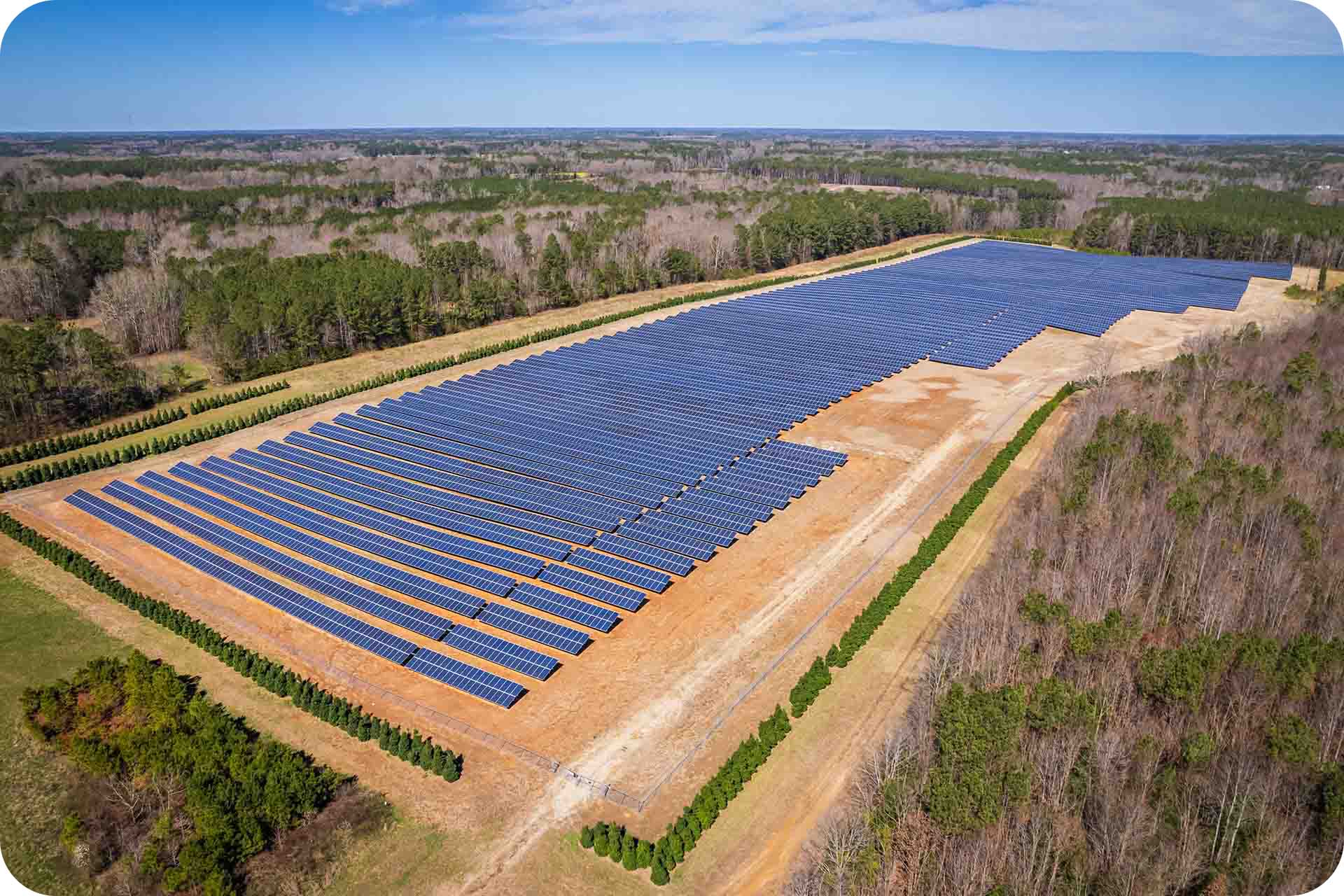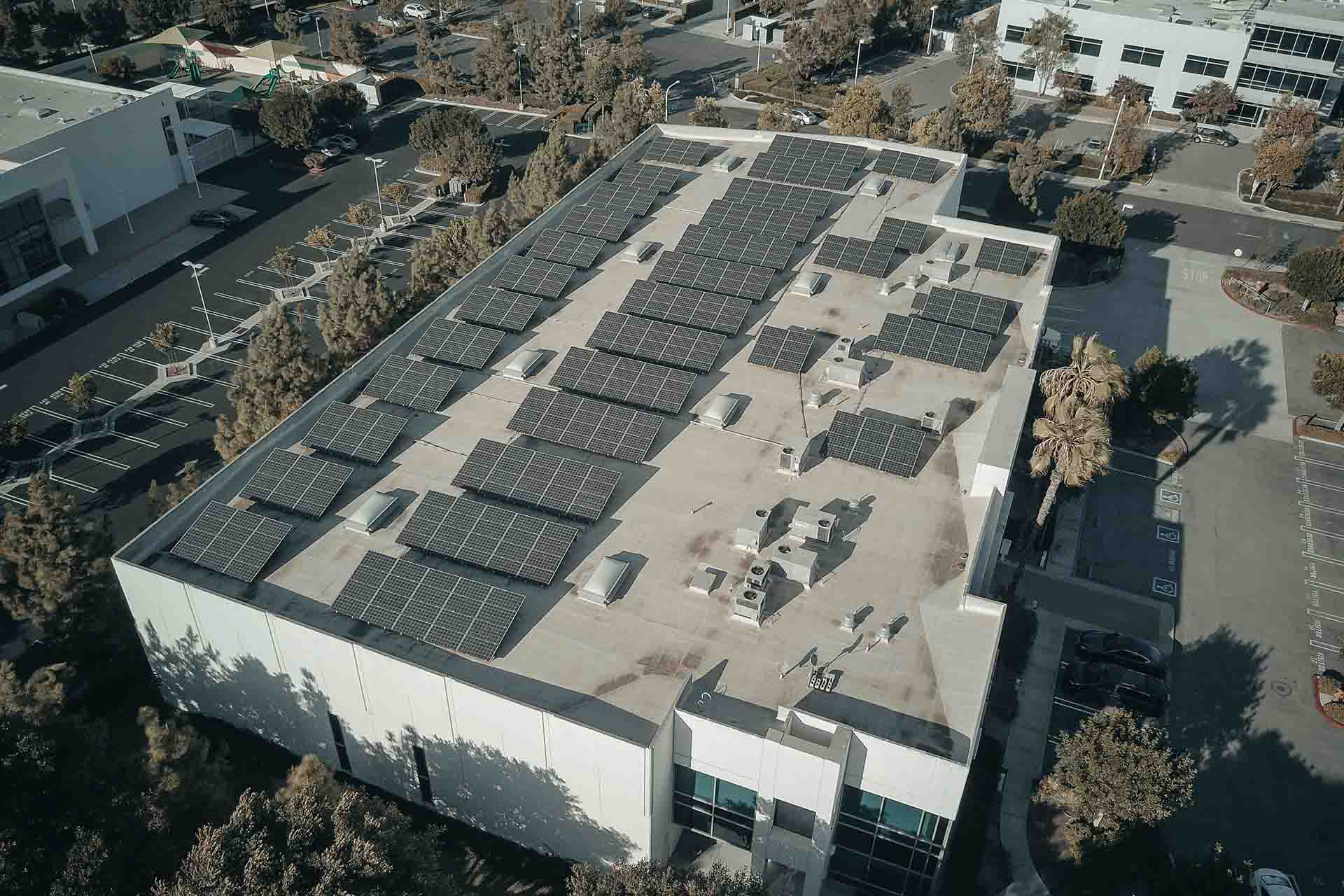Summary
Through a process known as solar-thermal technology, which can produce electricity even at night by storing energy as heat, this project harnesses the energy of the sun.
Different development and empowerment initiatives are supported by a portion of the project that is owned by the neighbourhood. With domestically produced energy, Nigeria can be totally self-sufficient.
How it works
The primary cause of our changing climate is unquestionably the burning of fossil fuels, which returns ancient carbon to the atmosphere. Innovation in solar energy and the development of new technologies help keep fossil fuels in the ground, where they belong.
In concentrated solar-thermal power, heat energy from the sun is focused using a system of parabolic mirrors, where it is absorbed by a fluid that transfers heat to a turbine, where it is then turned into electricity. This method can store and release solar energy on-demand, unlike photovoltaic systems.
Why we chose it
The project shows that grid-connected solar farms can support Nigeria’s development of a sustainable renewable energy industry, alternative sustainable energy futures, energy security, and improved local livelihoods. Innovative technologies will be used in conjunction with community development initiatives focused on education, sustainability, and wellbeing.
Initiatives for clean water to drink, apprenticeships, and educational programmes fall under this category.
The Location
The total annual consumption of 24.72 billion kWh of electric energy is the most significant factor in determining Nigeria’s energy balance. This amounts to an average of 116 kWh per person. By 2020, 55.4% of Nigeria’s population will have access to electricity.
The percentage in rural areas was 24.6%. Massive CO2 emissions and air pollution result from this. A switch to solar energy is essential for a nation that enjoys year-round strong sunlight.
$1.30
9999 in stock
9999 in stock










